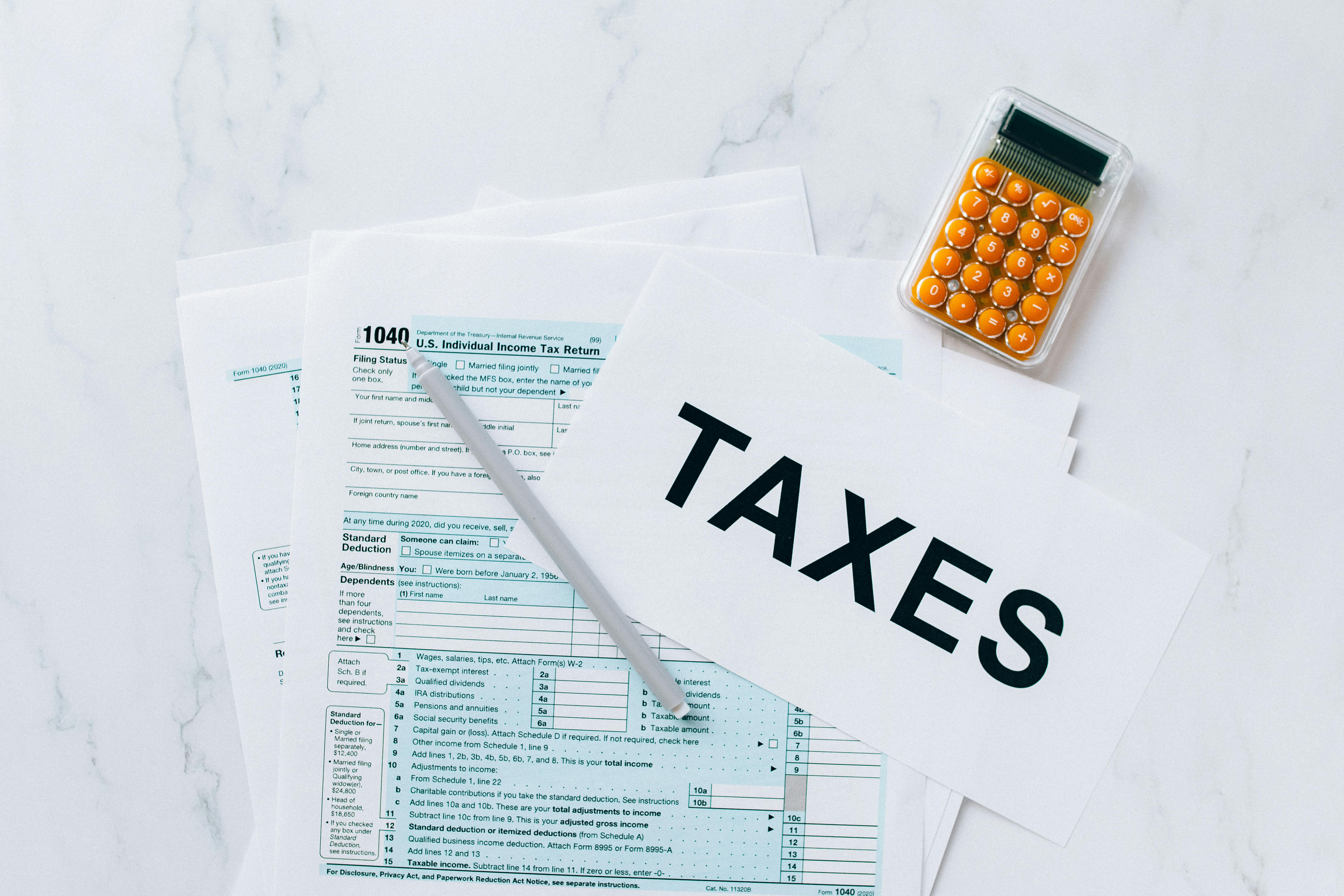Common Filing Errors That Cause Missed Allowable Expenses
Many taxpayers and small business owners miss allowable expenses because of simple filing mistakes. Understanding common errors—such as poor recordkeeping, misclassifying deductions, or failing to track depreciation—helps reduce audit risk and ensures legitimate writeoffs are claimed accurately.

Many taxpayers and small business owners miss allowable expenses because common filing errors reduce the deductions they can claim. Missteps in recordkeeping, misclassified transactions, and missed depreciation schedules are frequent culprits. This article outlines typical mistakes and practical steps to recover legitimate writeoffs while maintaining tax compliance and minimizing audit exposure.
Filing and recordkeeping mistakes
Inadequate recordkeeping is one of the most frequent reasons allowable expenses are missed. Receipts, invoices, mileage logs, and bank statements support the amounts claimed; without them, deductions may be disallowed. Errors in filing include failing to maintain contemporaneous records, using unclear descriptions for transactions, and mixing personal and business expenses. For taxes, writeoffs need substantiation: keep organized folders (electronic or physical), label expenses clearly, and reconcile accounts regularly to make sure deductible items are captured before filing.
Overlooking depreciation and allowances
Depreciation rules and allowances can be complex, and many filers either omit depreciation or apply incorrect recovery periods. Capital assets such as equipment, computers, or vehicles may qualify for depreciation or accelerated allowances like Section 179 in some jurisdictions. Missing these rules means you may under-report allowable deductions across multiple years. Track asset purchases, keep purchase dates and costs, and consult applicable guidance to determine useful life and the correct method (straight-line, declining balance, or special allowances) to maximize accuracy.
Missing eligible credits and writeoffs
Tax credits and specific writeoffs are often overlooked because filers assume they do not qualify. Energy-related credits, education expenses, business-related supplies, and certain health-related credits may be available but require specific documentation and forms. Another source of missed deductions is failing to aggregate smaller expenses that together meet thresholds for deductibility. Review available credits and confirm eligibility criteria before filing; document qualifying expenditures and maintain supporting receipts and statements to substantiate claims in case of review.
Bookkeeping errors for freelancers and self-employed
Freelancers and self-employed individuals commonly miss allowable expenses because of informal bookkeeping. Mixing personal and business accounts, failing to record cash payments, or neglecting to track mileage can reduce deductible business expenses. Freelancers should maintain separate bank and payment accounts for business activity, use straightforward bookkeeping systems or software, and log business mileage with date, purpose, and distance. Accurate bookkeeping not only preserves writeoffs but also streamlines filing and improves compliance during audits.
Audit triggers and compliance gaps
Certain filing patterns increase audit risk and can expose missed deductions. Reporting losses consistently without supporting documentation, large fluctuations in income or expenses year to year, and unusually high deductions relative to industry norms can invite closer scrutiny. Compliance gaps such as late filings, incomplete forms, or unsupported claims heighten that risk. To reduce exposure, prepare detailed backup for each deduction, maintain consistency in classifications, and correct filing errors promptly rather than leaving inconsistent records.
Practical recordkeeping and bookkeeping steps
Practical steps reduce missed allowances and simplify filing: adopt a routine to scan and categorize receipts, reconcile accounts monthly, and assign expense categories tied to tax line items. Use invoicing and bookkeeping software tailored for small businesses or freelancers to automate categorization and generate reports. When in doubt about depreciation, allowances, or credits, consult authoritative guidance or a tax professional to verify the correct treatment. Maintaining clear documentation of intent and business purpose for each expense helps justify deductions during a review.
Conclusion
Missed allowable expenses frequently result from avoidable filing mistakes: poor recordkeeping, misclassifications, neglected depreciation, and informal bookkeeping practices. Systematic organization of receipts and accounts, regular reconciliations, and familiarity with credits and depreciation rules help ensure legitimate writeoffs are claimed. Clear documentation and consistent accounting practices protect against audits and improve long-term tax compliance.






